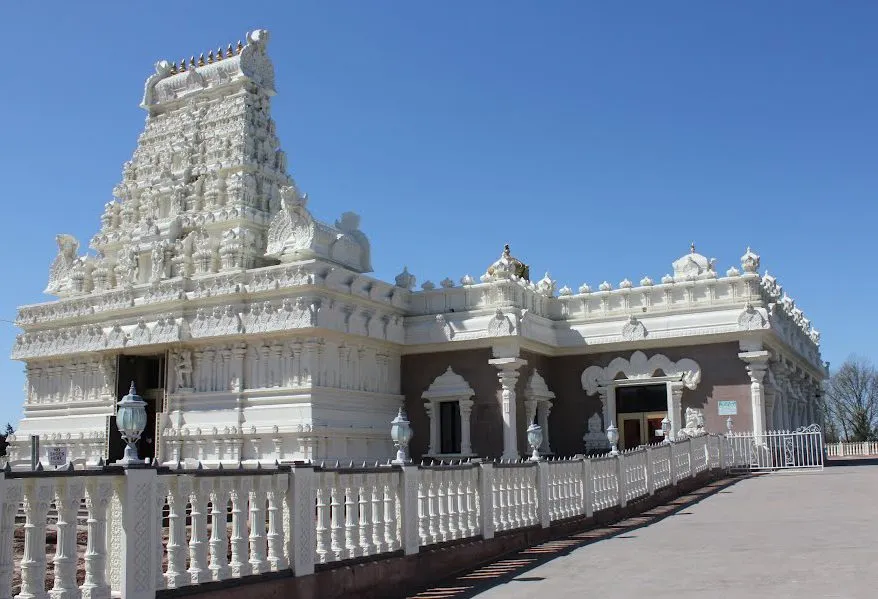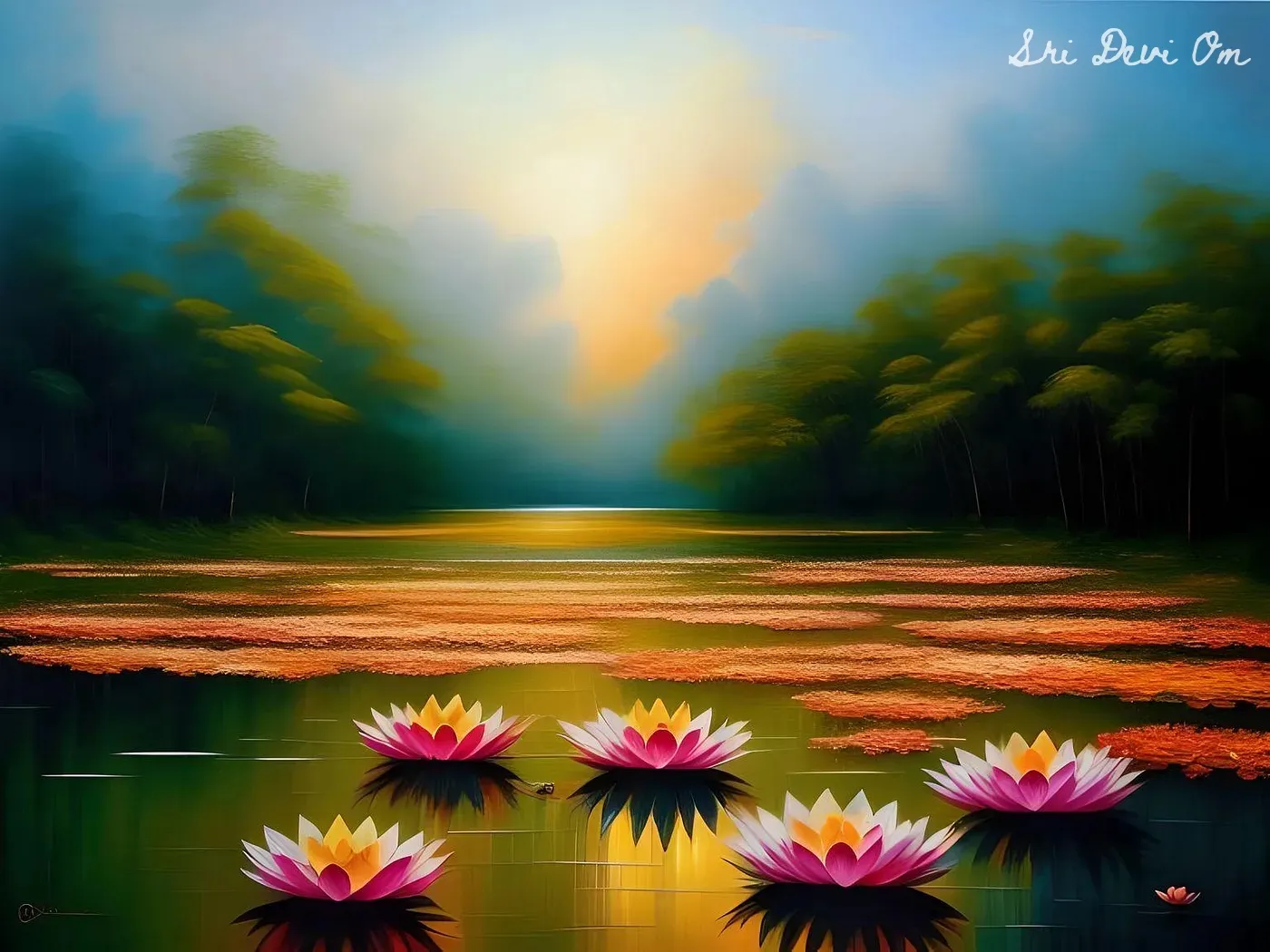“I’m spiritual, but not religious,” I hear many saying.
That may be true often, but it makes no sense in Sanatana Dharma, especially if we truly understand what it means.
Before we go ahead, here’s something I wish to clarify:
By Sanatana Dharma, I don’t mean “Hinduism” as it is practiced now. I’m referring to “Sanatana Dharma” at the grassroots level, as suggested by the ancient sages.
What is Spirituality?
Without going about in circles, let’s first define spirituality in one line:
Do whatever gives you joy and rejuvenates your spirit.
Now, what gives you joy? That can differ from person to person. So, spirituality is a highly personal and subjective experience. Still, if we contemplate deeply, here’s what many want from their lives to be joyous:
- Feel Peaceful
- Feel Loved & Cared
- Show Love, Care & Compassion
- Follow The Heart & Be Free
- Feel a Sense of Belonging or Oneness
So, adding all of the above, we could define spirituality as:
Having the freedom to follow our hearts to be peaceful, loving, caring, and compassionate. Thereby feeling joyous and a sense of oneness or belonging to this entire creation.
What is Definitive Spirituality?
The spirituality I defined is the general usage of the term. Over the years, we also have something called “Definitive Spirituality”.
When some leader or philosopher defines what spirituality means to them, the followers adopt that. Then, that becomes Definitive Spirituality — a spirituality defined by someone.
Many modern religions follow Definitive Spirituality. Each time an enlightened soul gives out a path, it is spirituality defined by someone.
What is Sanatana Dharma?
Sanatana means forever. Interestingly, the definition of Dharma in the scriptures exactly matches the (general) term “Spirituality” that I defined. In addition, the ancient sages also point out that it is vital to use our brains while following Dharma.
Therefore, we can safely conclude that:
The Sanskrit term for Spirituality is Dharma. So, Sanatana Dharma simply means being Forever Spiritual.
However, there are also defined spiritual paths within Sanatana Dharma. All the sub-faiths like Shaiva, Vaishnava, Shakta, Ganapatya, Kaumara, and Shaura follow Definitive Spirituality. Even Srimad Bhagavad Gita, which gives out a particular path, also follows Definitive Spirituality.
SD = Spirituality
When someone says, I’m spiritual but not religious, it means — they follow general spirituality and not any definitive spirituality.
If they were to say it in Sanskrit — they follow Sanatana Dharma (SD) and not any sub-faith that promotes definitive spirituality.
Sanatana Dharma at the grassroots is just Spirituality. So, religion and spirituality are the same here. Saying I’m spiritual and not religious doesn’t work in this case.
My Approach
To those I mentor, I suggest many techniques from the Shakta sub-faith of Sanatana Dharma because those give faster results. Yet, I never force anyone to do any Sadhana or meditation or anything that doesn’t sit well with their heart.
Therefore, my religion is to be Forever Spiritual. I just follow my heart, use my brain, and be compassionate because it gives me joy and peace.
In other words, my attitude is Sanatana Dharma at its grassroots. I keep the freedom to take my own path in life and encourage everyone to do the same.
Love,
Sri Devi Om



